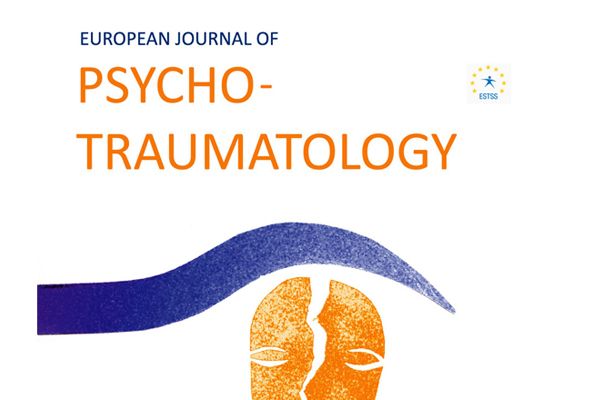26 maart 2020
European Journal of Psychotraumatology
Nancy Kassam-Adams, Justin A. Kenardy, Douglas L. Delahanty, Meghan L. Marsac, Richard Meiser-Stedman, Reginald D. V. Nixon, Markus A. Landolt & Patrick A. Palmieri
https://doi.org/10.1080/20008198.2020.1729025
Background: Studies that identify children after acute trauma and prospectively track risk/protective factors and trauma responses over time are resource-intensive; small sample sizes often limit power and generalizability. The Prospective studies of Acute Child Trauma and Recovery (PACT/R) Data Archive was created to facilitate more robust integrative cross-study data analyses.
Objectives: To (a) describe creation of this research resource, including harmonization of key variables; (b) describe key study- and participant-level variables; and (c) examine retention to follow-up across studies.
Methods: For the first 30 studies in the Archive, we described study-level (design factors, retention rates) and participant-level (demographic, event, traumatic stress) variables. We used Chi square or ANOVA to examine study- and participant-level variables potentially associated with retention.
Results: These 30 prospective studies (N per study = 50 to 568; overall N=5499) conducted by 15 research teams in 5 countries enrolled children exposed to injury (46%), disaster (24%), violence (13%), traffic accidents (10%) or other acute events. Participants were school-age or adolescent (97%), 60% were male, and approximately half were of minority ethnicity. Using harmonized data from 22 measures, 24% reported significant traumatic stress >= 1 month post-event. Other commonly assessed outcomes included depression (19 studies), internalizing / externalizing symptoms (19), and parent mental health (19). Studies involved 2 to 5 research assessments; 80% of participants were retained for >=2 assessments. At the study level, greater retention was associated with more planned assessments. At the participant level, adolescents, minority youth, and those of lower socioeconomic status had lower retention rates.
Conclusion: This project demonstrates the feasibility and value of bringing together traumatic stress research data and making it available for re-use. As an ongoing research resource, the Archive can promote “FAIR” data practices and facilitate integrated analyses to advance understanding of child traumatic stress.
Keywords: Traumatic stress; Child and adolescent; FAIR data; Data sharing; Integrative data analysis
Received 14 Oct 2019, Accepted 06 Feb 2020, Published online: 10 Mar 2020

Het European Journal of Psychotraumatology (EJPT) is een peer-reviewed, interdisciplinair wetenschappelijk tijdschrift dat deel uitmaakt van de European Society for Traumatic Stress Studies (ESTSS).
Het EJPT heeft als doel om wetenschappers, behandelaren en experts te betrekken bij de belangrijkste vraagstukken rond stress en trauma, waaronder individuele gebeurtenissen, herhaalde of chronische trauma's, grootschalige rampen en geweld.

